Over the last four plus years of owning my BLW blog I have helped out many families with some of my personal tips on how to prevent or avoid having a fussy eater at home.
Please note: I am not a doctor or Paediatrician. I am simply sharing my personal tips, research experience with you. If you have any specific behavioural or concerns about your baby or toddler please contact your doctor.
Here are some tips for you:
Introduce solids using the Baby Led Weaning technique
From *6 months old when baby is showing all readiness in starting. This will teach baby about textures, variety, touch, feel, smell, different tastes through using their sensors and self control. If you didn’t start with BLW, don’t worry there is still hope 🙂 try and adopt the following strategies:
I use the motto: “I supply – you decide”
All mum and dad can do is offer the food and let baby decide weather to eat it or not. Don’t make a fuss at all if baby or toddler does not want to eat the food. Place NO pressure on meal times what so ever, babies and toddler are very clever and can pick up on parents anxiety and pressure. Leave it, clean up, and move on…
Avoid offering alternative foods at meal times or bribery:
If baby or toddler rejects a meal, avoid offering alternatives or using any bribery techniques. If you start offering alternative meals or snacks this can lead to even MORE fussy eating in the near future and also lead to more processed high sugar foods given by parents.
Mum and Dad – PLAY IT COOL!
The biggest tip i can offer you is… if baby or toddler does not want to eat their dinner or lunch or snack, PLAY IT COOL. Relax, accept they are not hungry (have they eaten a lot of food today? do they have a cold? a temperature? are they teething? are they tired or not feeling well?), accept their decision, offer water and let them down from their highchair.
Avoid commenting about your babies or toddlers food intake whilst they are eating:
The biggest mistake parents can do is INDIRECTLY put pressure on babies or toddlers to EAT. Avoid all comments about what they are doing whilst eating… chat about other topical events that are going on in their life i.e. how was your day? Talk about your day? talk about family members or birthdays or events coming up? THINK of anything and talk about anything besides the focus on baby or toddler eating. Examples of not what to talk about: “Oh well done Ava, you ate two mouthfuls of meatballs!!” “Come on Tommy, why don’t you eat some spinach!!” “your such fussy eater! I wish you ate like your brother” …. All these encouraging or discouraging comments completely adds more pressure onto baby or toddler at meal time. Respect food choices baby/toddler makes and stop focusing on the kids and what and how they are eating. Can you imagine if us as adults had someone sitting next to us at the dinner table adding commentary about each bite we take? It can be embarrassing, confronting, frustrating, irritating.
Always offer 1 safe food in the meal your baby or toddler are eating:
When I say safe food, something you know baby or toddler will eat. I.e I know Ava loves sweet potato, avocado, eggs, cut up cucumber, apple etc i will always offer a safe food on her plate at most meals. Babies/toddlers do not like change, just like us adults… Having a safe food provides your baby/toddler with some sort of comfort, and they may be willing to try other foods on their plate.
Don’t GIVE UP on offering your baby or toddler food that has been previously REJECTED:
A lot of parents will give up straight away or make the assumption that “Tommy dislikes eggs” or “Tommy hates avocado” etc making these assumptions even comments in front of their child can be a huge mistake and therefore limit baby/toddlers food variety and puts negative thoughts into the child’s thinking and may actually convince them that they ‘do not like eggs’ and may stop them in trying new foods. Keep offering that particular food even if baby/toddler rejects it. Sometimes it can take up to 10 times of exposure to that particular food for your toddler to accept it.
Avoid DISTRACTIONS:
I am a big believer in limited distractions at meal time. That means: no TV at meal times, no running around, sitting at the table, enjoying table talk with the family. Having distractions such as TV may discourage baby/toddler in trying new foods, and may increase the likelihood of potential choking. Turn the TV off at least 30 minutes before dinner is served, this gives your toddler time to play and unwind before meal time. Try not to use any bribery such as: you can watch more TV after you eat your dinner.
Decrease animal milk intake:
“If you actually feed a child three servings of cow’s milk, how are they going to have room for other healthful foods like those vegetables, legumes and lean proteins?” Parents fall in the trap of offering too much milk into their toddler diet which doesn’t leave room for food. “filling up on milk can mean not eating other healthy foods on the plate, and this can be especially true of kids who are picky eaters. Although milk is a good source of protein, calcium and vitamin D, other food sources also provide these nutrients. What’s more, there’s no evidence that drinking milk reduces bone fractures, and drinking too much can lead to anemia and may contribute to obesity, experts now say.” “Do kids really need milk? No, of course they don’t,” said Amy Lanou, a professor of nutrition at the University of North Carolina at Asheville. Most people in the world do not drink milk after they are weaned from breast milk, and yet still get adequate nutrition, she added. [10 Ways to Promote Kids’ Healthy Eating Habits] Calcium can be found in many other food sources besides milk, including nuts, beans and greens, Lanou said. “The best way for kids to take good care of bones is to go outside and play,” Lanou told Live Science. (ref: live science article)
Get toddler in the kitchen to cook with you:
If you want to expand the variety of foods and meals in your toddlers diet, cook with them. Get them to taste parts of the recipe as you cook together. Get them to cut foods up (with supervision), placing ingredients into a bowl, rolling out pizza bases, touching different food textures, stirring, mixing etc Talk about each ingredient or vegetable and where it comes from when cooking with them. Be patient with your toddler, if you can whilst cooking (which can be the toughest part about cooking with toddlers). Having kids cook with you increases the chance of them actually eating the meal they helped preparing.
Be honest with your toddler:
Let them know what is in each meal (if they ask), preferably NO hiding veggies in their meals. We want foods and meals to be transparent. If we start lying about ingredients or making it a game for them, they will pick up on this quickly and start to work against you and not trust what goes in each meal you have prepared. Can lead to more fussiness down the track and rejecting of new or old foods they eat.
If they don’t want to eat a dinner, accept it, don’t make a fuss:
clean up and move on. Have a think “has your toddler eaten their max calorie intake today? ie more snacks than usual, a big lunch?” Usually dinner is the meal that toddlers reject mostly. Why? mainly because they may have eaten enough today? I always think about this before I prepare dinner for Ava. If Ava has eaten a lot or more than usual today ie lots of snacks etc I tend to offer her a mezzo type of plate for dinner with bits and pieces of finger foods, so i don’t waste much and if she does not eat it, it can be saved for tomorrow. ie cut up tomato, maybe some chicken slices, carrots, cheese…
Get creative and start using fun food tools:
above 2 years old you can start to make food a little fun! Toddlers love fun, creative and unique quirky food tools and art. Use vegetable cutters to serve up some fun shapes! These particular work when introducing new vegetables or fruits. Be creative with your food you offer your toddler, create a smiley face. You could also invest in some “food pics” for kids with cute little animals on top. Food pics are a great tool to make picking up food fun. Also use some cool utensils ie kitchen tongs and get your toddler to serve up his own food. Note: always watch your toddler when using food pics or any sharp or small utensils.
Good luck!
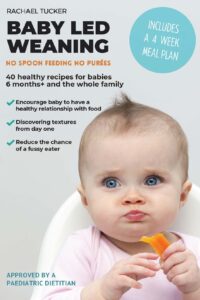
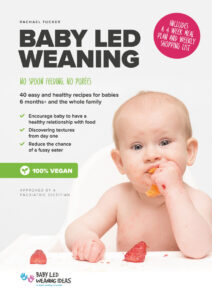
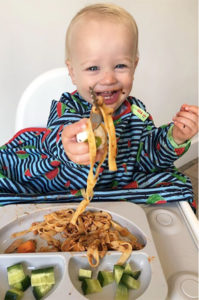


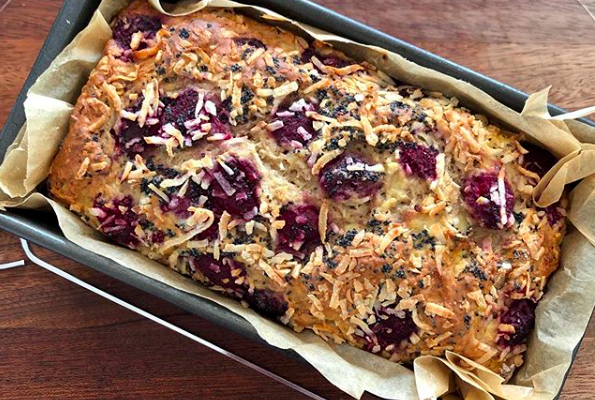
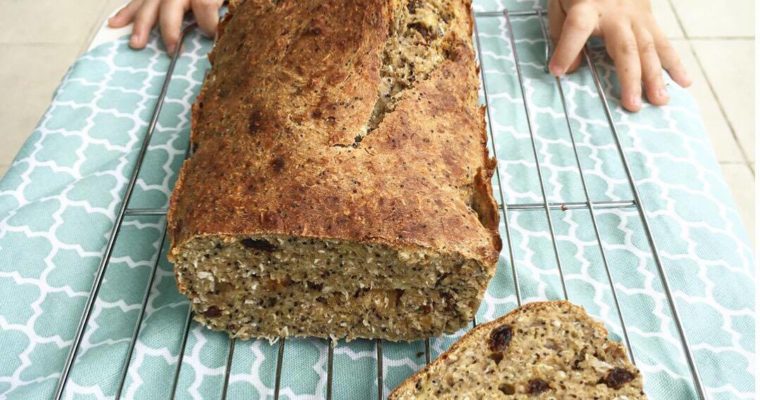
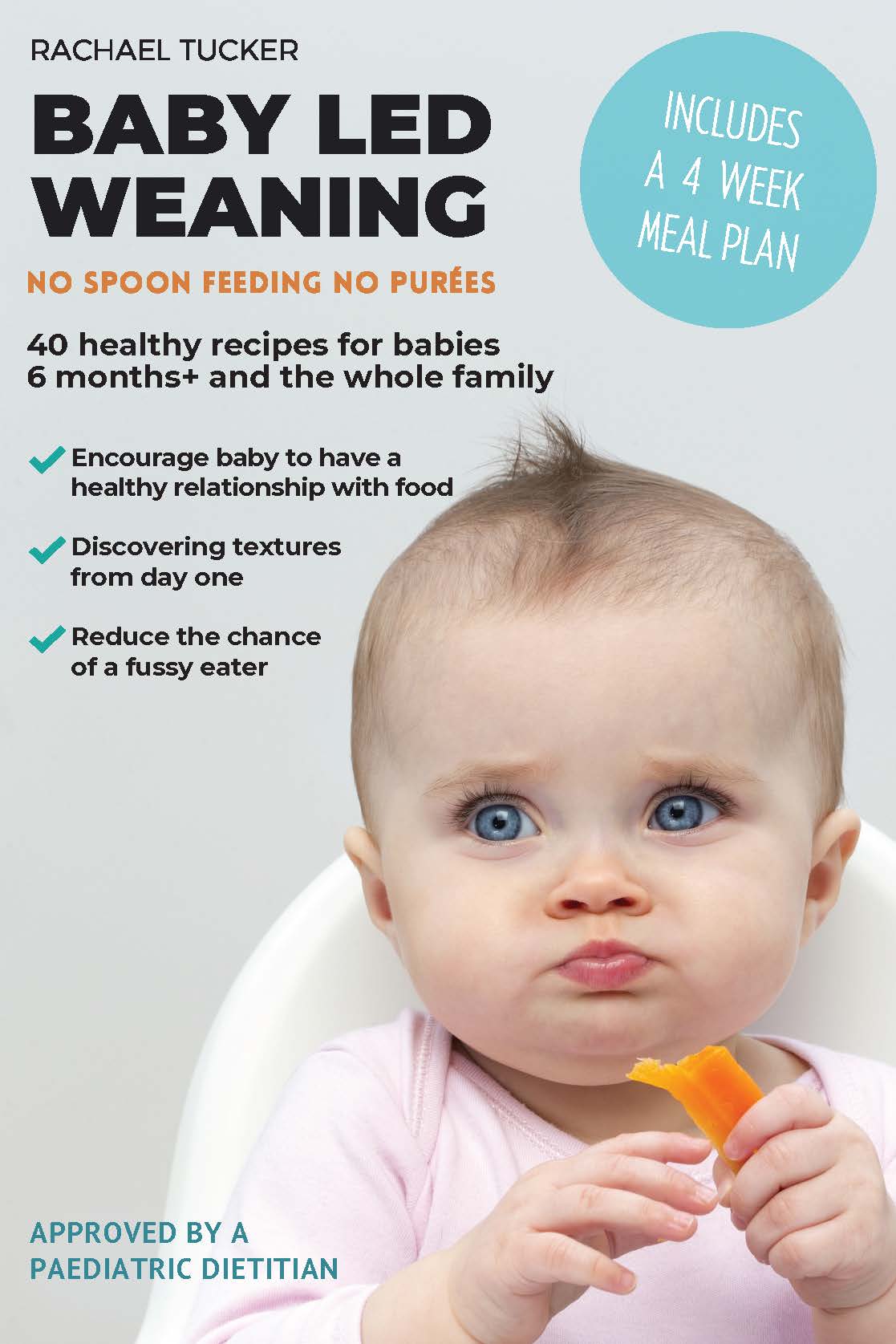
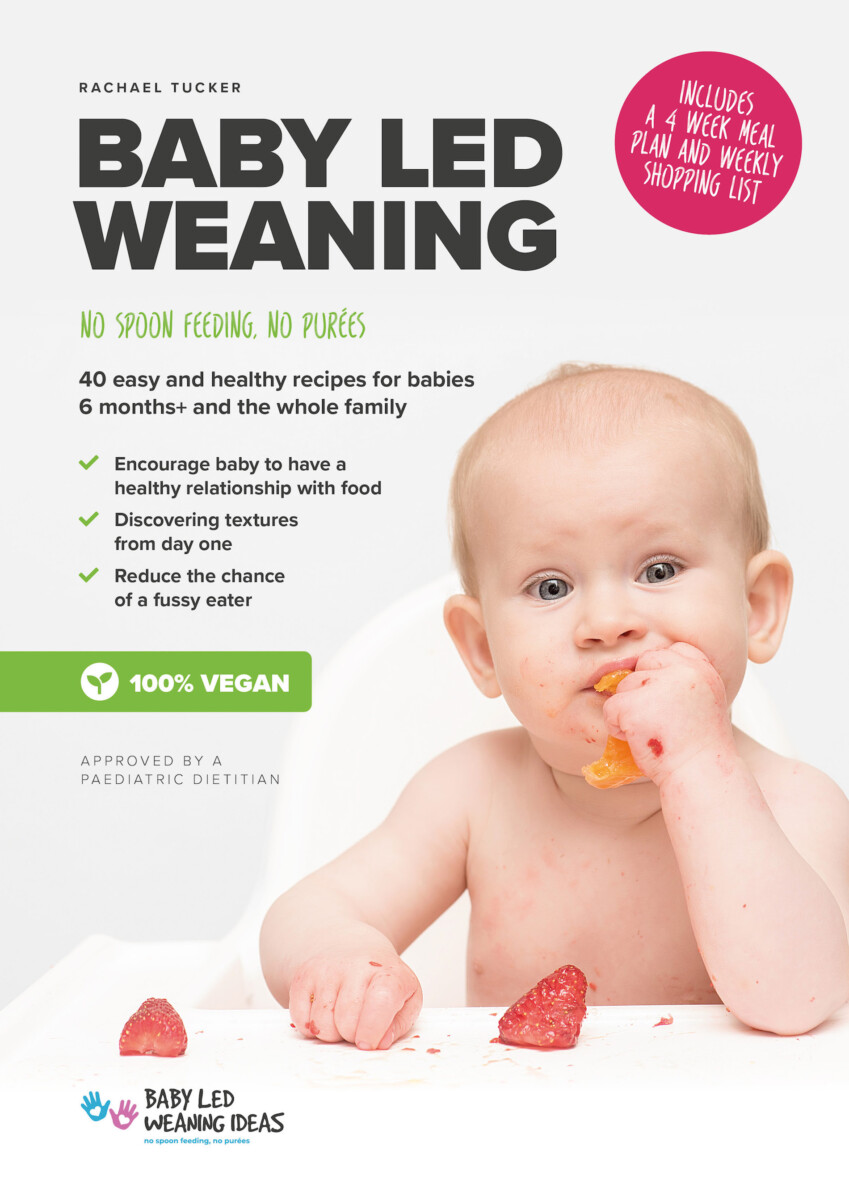



I love you and your journey. Thankfully I am able to follow with my 10 month old. Unfortunately I was a little late for my older one. However still going to try
Amazing babe x it’s becwr too late. Check out my tips on my blog ‘how to avoid a fussy eater’ they work on older toddlers x